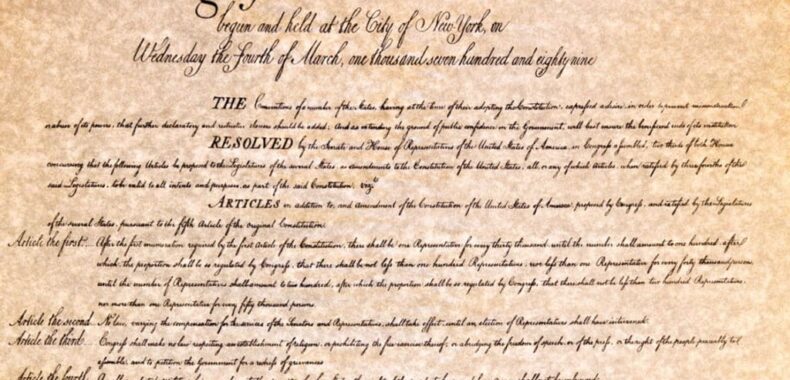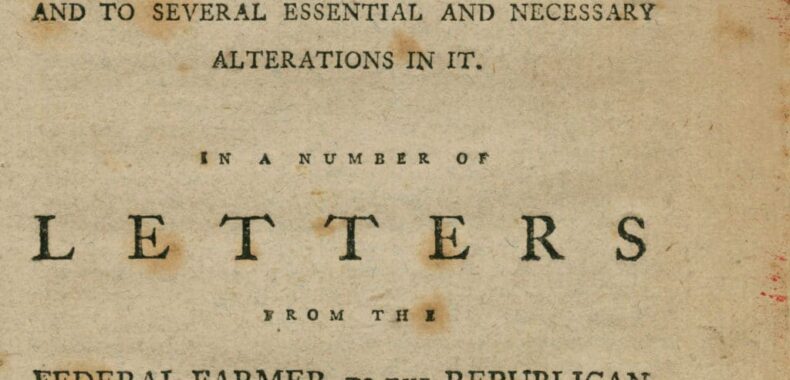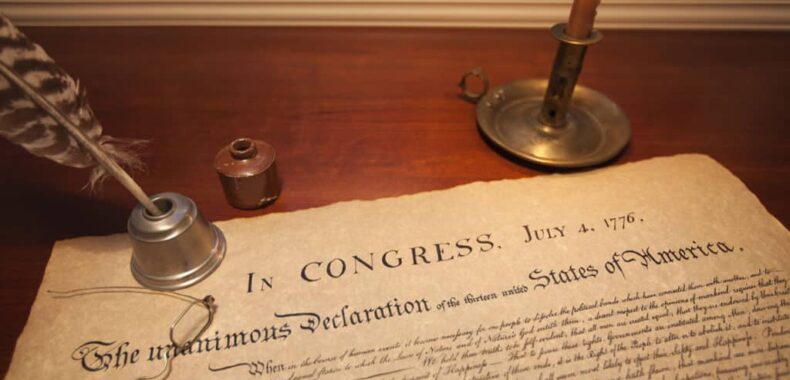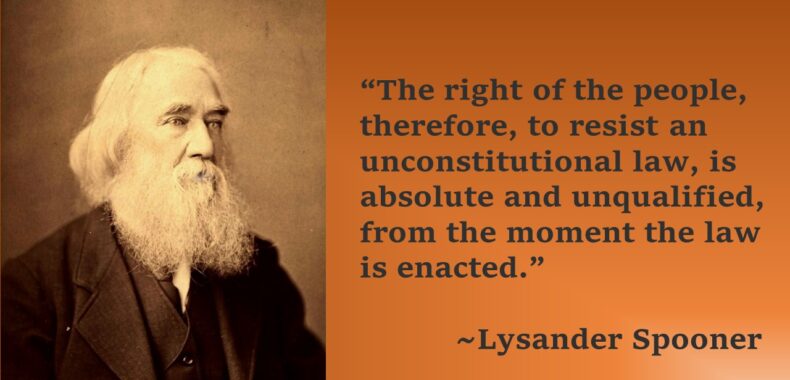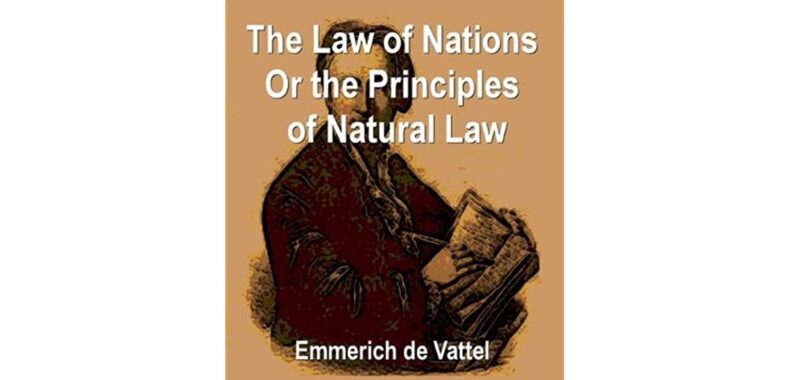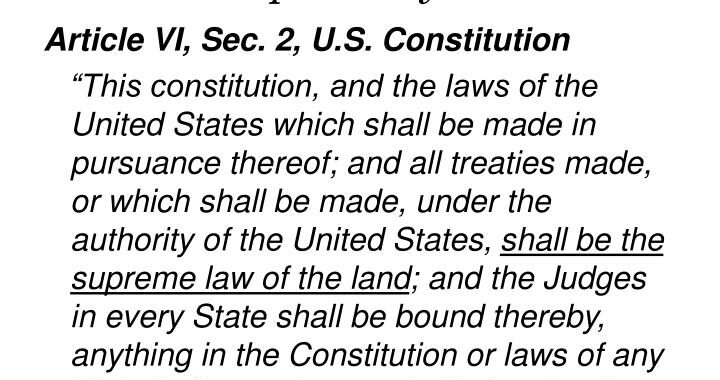Bill of Rights: The Ignored History of Why it Exists
By: Michael Boldin Today is “Bill of Rights Day” – commemorating ratification on Dec. 15, 1791. But what the government-run schools – and supporters of the monster state – “teach” about ...
Read more.Federal Farmer: Amendments are Essential and Necessary
By: TJ Martinell In his sixth letter dated Dec. 25, 1787, the Federal Farmer wrote of the “essential and necessary” inclusion of meaningful amendments to the Constitution prior to its ratification. Though ...
Read more.The ideas that formed the Constitution, the pioneers: Socrates, Xenophon, Plato
By: Rob Natelson This is the fourth in a series of essays on the ideas behind the Constitution. You can find the first two essays here, here, and here As explained in the second ...
Read more.Federal Farmer: Constitution creates “a strong tendency to aristocracy”
By: TJ Martinell In his third letter dated Oct. 10, 1787, the anti-federalist writer Federal Farmer wrote skeptically of the proposed new federal government for fear it would bring about a “tendency toward ...
Read more.Slouching Toward Fascism
By: Judge Andrew Napolitano Fascism is a governmental system in which the means of economic production and delivery of services are privately owned but government-controlled. Throughout history — before even getting ...
Read more.Patrick Henry’s Warning on “Implied Authority”
By: TJ Martinell Patrick Henry’s impassioned remarks during the final days of the Virginia Ratifying Convention were the culmination of week-long arguments between skeptics of the proposed Constitution and its supporters, such as ...
Read more.What Are Rights? This Is What the Founders Believed
By: Dan Sanchez In 1776, the Declaration of Independence proclaimed that everyone is endowed with “unalienable Rights.” Years later, the Bill of Rights elaborated on those rights. Subsequently, the rights of ...
Read more.Resistance is Crucial to the Advancement of Liberty
By: Mike Maharrey Patrick Henry told us that “government is no more than a choice among evils.” Thomas Paine held the same view. In Common Sense, he wrote, “Society in every state ...
Read more.Understanding the Constitution: The Power to Restrict Immigration
By: Rob Natelson The Constitution doesn’t use the word “immigration.” Those consulting the constitutional debates of 1787–1790 (such as the essays in “The Federalist”) will find no discussion of the subject. ...
Read more.Absolute Federal Supremacy: The Myth That Just Won’t Go Away
By: Mike Maharrey It never goes away – the myth of absolute federal supremacy. I got an email from a Tenth Amendment Center volunteer in Illinois last week. He has been ...
Read more.